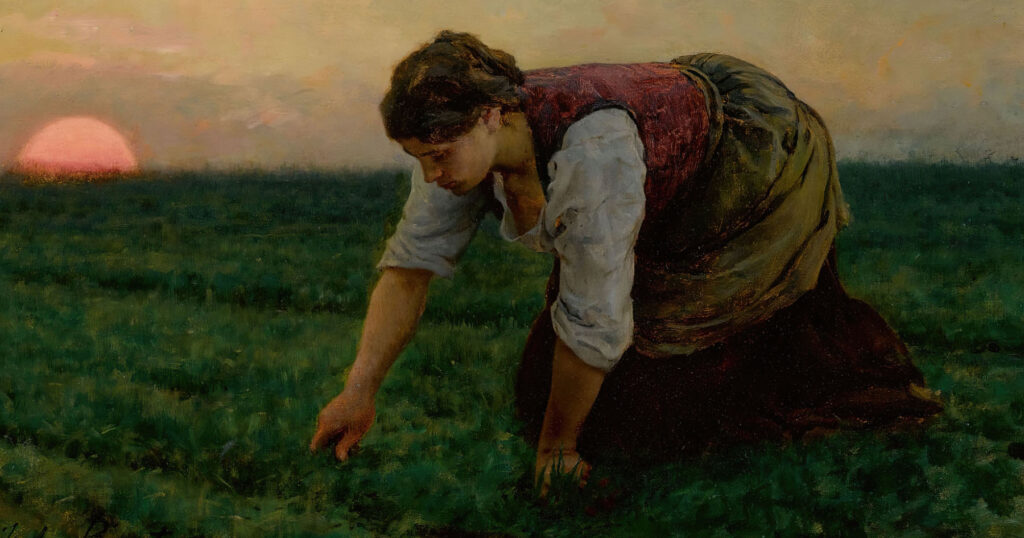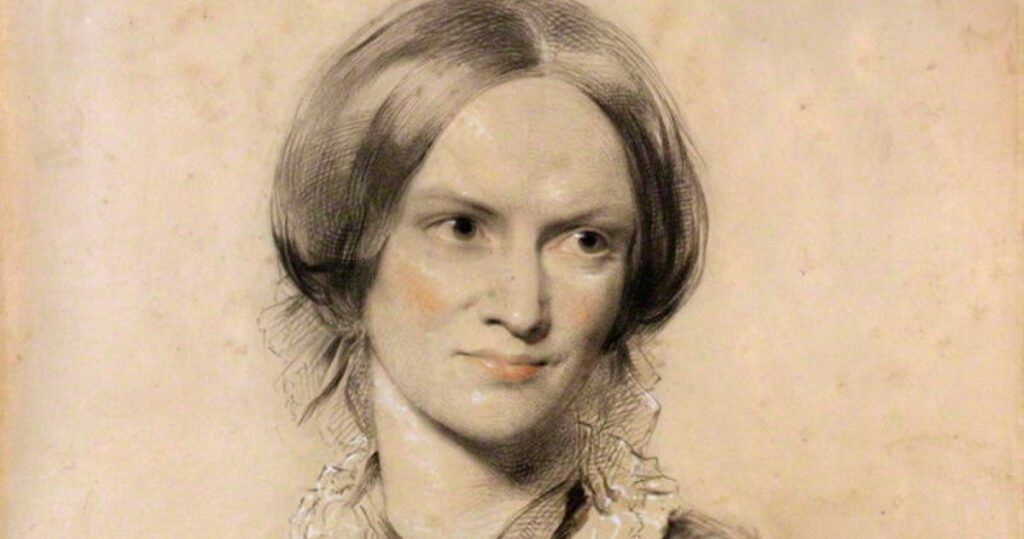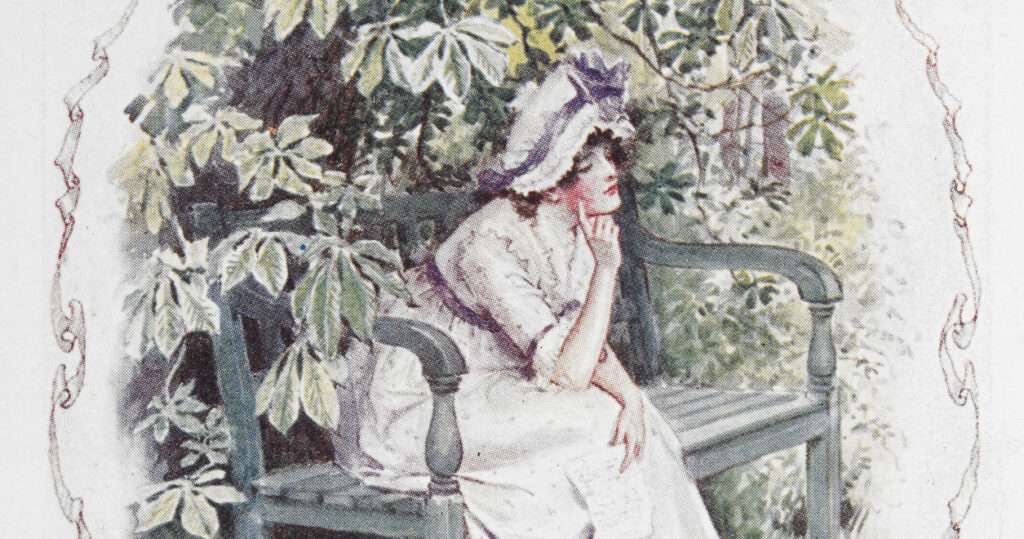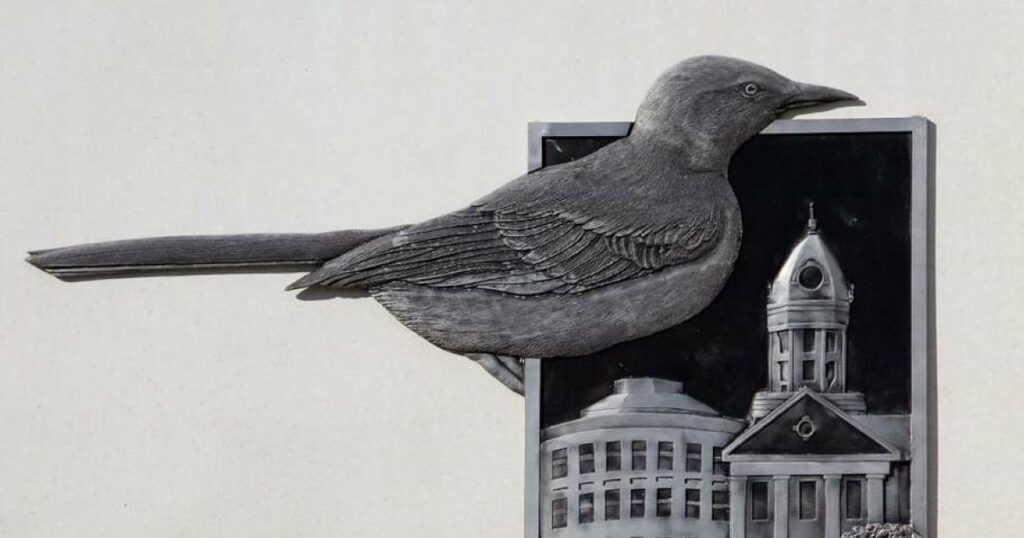A literary reflection by Joel Kurz on Willa Cather's My Ántonia. This is one installment of a monthly series providing reflections on works of literature from a Lutheran perspective.
“The body characterizes everything it touches. What it makes it traces over with the marks of its pulses and breathings, its excitements, hesitations, flaws, and mistakes. On its good work, it leaves the marks of skill, care, and love persisting through hesitations, flaws, and mistakes. And to those of us who love and honor the life of the body in this world, these marks are precious things, necessities of life.”
—Wendell Berry[1]
I first read My Ántonia as a college student and have found myself returning to it numerous times in the decades since — either as certain evocative scenes have come instantly to mind or as I’ve thumbed back through the same paperback to reread marked passages. Then, there’s also the memory of astonishment as my mother told me that she’d read it start-to-finish while I was gone one day because it pulled her in, entirely. While reading is often thought of as passive, Cather’s novel skillfully — almost painterly — makes it active, engaging the fullness of being we know as body, soul and spirit.
Published in 1918, My Ántonia tells the life of a Czech immigrant girl — Ántonia Shimerda — as she grows through the rugged circumstances of existence on the Nebraska prairie. The narrative unfolds from the vivid memory of her childhood friend Jim Burden, himself a transplant to the prairie after his parents’ deaths in Virginia to live with his grandparents. Jim’s final leg of the journey coincided with the Shimerdas’, and it was the first time he had ever heard people speaking a foreign language. Both Jim and Ántonia had experienced the jarring reality of being uprooted, yet they learned over time what it meant to sink roots in new terrain. They delightedly roamed the prairie together and discovered its language, and Jim taught Ántonia English.
Bearing one another’s burdens
Jim was met with a kind and gentle welcome on his grandparents’ farm: in their caring attentiveness to him, as well as from the sea-like grass and the garden’s teeming abundance which filled him with joy. Ántonia and her family, however, settled on neighboring land that was “a wild place where there was no garden or chicken-house, and very little broken land,” and their cave of a dwelling Grandmother Burden described as “no better than a badger hole; no proper dugout at all.”
Jim witnessed his grandparents’ devotion to Scripture and prayer at home, as well as their faith-informed generosity and acts of mercy. Early on, he accompanied them in delivering a hearty load of food to that first Czech family to settle in their midst. And later, when winter hardship gripped the struggling family as Christmas approached, Jim’s grandmother delivered nourishing food to them and talked all the way home “about how easily good Christian people could forget that they were their brothers’ keepers.”
Cather’s description of Mr. Shimerda’s visit to thank the Burdens on Christmas Day stuns with beauty and sincerity: “His face had a look of weariness and pleasure, like that of sick people when they feel relief from pain,” and after he rests in their warmth for a while, “he rose, crossed himself, and quietly knelt before the tree.” Then after staying for supper, he bowed with deep thanks and made the sign of the cross over Jim before heading back to his family.
Less than a month later, Mr. Shimerda took his life. He buckled under the strain of eking out existence as a weaver-turned-farmer who did his best trying to provide for his family in that foreign and forbidding place. Again, Jim saw his grandparents respond to distressing circumstances tangibly and promptly in the moment of need.
Cather’s detailed unfolding of the burial exudes reverence — especially Grandfather Burden’s prayer that “if any man there had been remiss toward the stranger come to a far country, God would forgive him and soften his heart,” asking also that God would “smooth the way before this widow and her children and to incline the hearts of men to deal justly with her.”
That graveside prayer became a reality the following March, as neighbors built the family a log house, but Ántonia’s life had become distinctively harder than before. School went by the wayside as she worked to help her brother make the land into a good farm, but he also hired her out from farm to farm. Ántonia found, however, that the farmers treated her kindly and preferred her as a hired hand instead of her brother.
After a few years, Jim’s grandmother found a prosperous family to take Ántonia on as a “hired girl” at their home in town. Ántonia thrived and developed a close bond with the wife for whom she worked since both of them shared a similar outlook and attitude on life: “They ridiculed conceited people and were quick to help unfortunate ones. Deep down in each of them there was a kind of hearty joviality, a relish of life, not overdelicate, but very invigorating.”
Life in town was decidedly different than on the farm, and the young men turned their attention to the farm girls, like Ántonia, “who helped to break up the wild sod, learned so much from life, from poverty, from their mothers and grandmothers,” who physically “were almost a race apart” and were now trying to make a living and support their families. As with Berry’s words regarding the precious marks made by those “who love and honor the life of the body in the world,” Cather observes that the immigrant girls like Ántonia “who were always helping to pay for ploughs and reapers, brood-sows, or steers to fatten” had a beauty that shone “boldly against a conventional background.”
‘A giving and living love’
The novel crescendos with Jim’s return to see Ántonia, twenty years after their last parting, and he finds her “in the full vigor of her personality … battered but not diminished.” She’s flourishing on a farmstead, at the center of a circle of children whose bodily lives she tends to with a deep sense of vocation. Her life is spent in a giving and living love, and Jim witnessed this: “All the strong things of her heart came out in her body, that had been so tireless in serving generous emotions. It was no wonder that her sons stood tall and straight. She was a rich mine of life.”
As Ántonia walks Jim through her abundant fruit orchards, it’s almost as if they’re both back in Eden — weathered by the exile, hardship and sorrow of life’s fallenness, even as they’re living amid the profound grace of Christ’s redeeming work that has restored creation.
My Ántonia invites the reader to look closely at one life, so closely that it becomes a window for looking at one’s own life, and every human life, for that matter. It invites reflection on createdness and fallenness, redemption and forgiveness in the realm of our bodily living. It demonstrates what Luther emphasized regarding the Fifth Commandment, that out of fear and love for God, we not only want to not hurt nor harm our neighbor in body but help and befriend in every bodily need — “not withholding that love and kindness by which one’s life might have been spared.”[2]
[1] Wendell Berry, “Feminism, the Body, and the Machine” in What Are People For? (New York: North Point Press, 1990); p. 194.
[2] Martin Luther, Large Catechism (Minneapolis: Augsburg Publishing House, 1935), 81.
Cover image: “Un Sarcleuse,” by Jules Breton, 1883.






This moving portrayal beautifully captures the resilience and spirit of immigrants. Cather’s vivid storytelling makes their struggles and triumphs deeply relatable, blending realism with a sense of timeless humanity.
Thanks so much for sharing those resonant words! Yes, there’s so much grit borne of the time, which still finds deep connections across the generations into our present. It truly is a masterful novel.